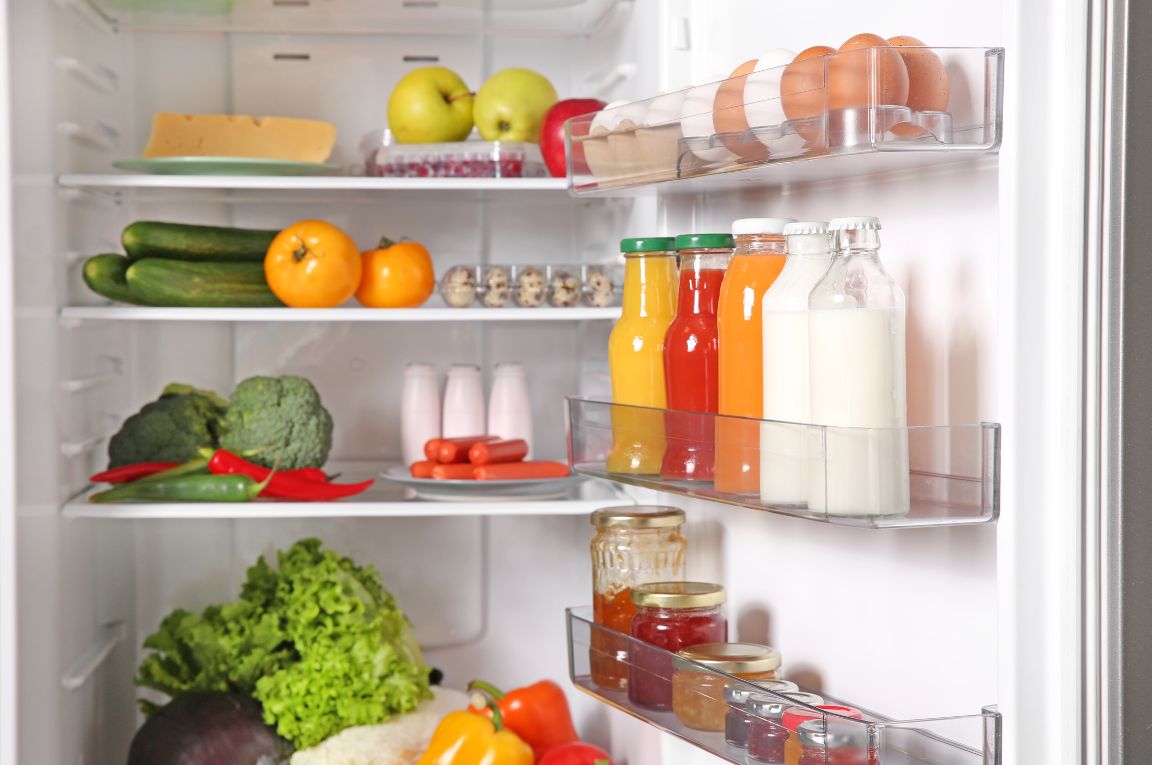Ministry of Social Rights, Consumer Affairs and Agenda 2030
In light of the recent power outage in the country, the Ministry of Social Rights, Consumer Affairs and Agenda 2030 has issued recommendations to assess which foods may have spoiled due to electricity loss, depending on the duration of the outage.
It is important to assess each food item individually following these guidelines. Never taste food to check if it is safe, and do not rely on its appearance or smell.
What matters is the temperature each type of food reached during the blackout, depending on your fridge’s ability to retain cold. The longer the power was out, the greater the risk that foods reached unsafe temperatures. The following recommendations assume that the fridge or freezer doors were kept closed during the outage.
TDB keeps you informed. Follow us on: Facebook, Twitter and Instagram
Consumer Affairs Issues Guidelines on Food Stored in Fridges and Freezers After Power Outage
Recommendations for food stored in the refrigerator:
- Power outages under 4 hours: The refrigerator can usually maintain food below 5°C (41°F), so in principle, there would be no need to discard any food due to the outage.
- Power outages over 4 hours: In this case, temperatures likely exceeded 5°C. Perishable foods such as meat, poultry, fish, eggs, milk, fresh cheese, and leftovers should be discarded. These items can pose a health risk even if cooked properly, as unsafe storage may allow harmful bacteria to grow. They can also cause cross-contamination of other foods.
Whole fruits and vegetables can usually tolerate higher temperatures and may still be consumed if they appear fresh and are properly washed. However, cut fruits, prepared salads, or pre-sliced produce should be thrown away, just like other perishable items.
Some non-perishable items, such as soft drinks, canned goods, alcoholic beverages, or chocolate, are often kept in the refrigerator but do not actually require refrigeration. These can be safely consumed even if kept at room temperature.
Recommendations for food stored in the freezer:
Freezers can maintain freezing temperatures for at least 24–48 hours if the doors remain closed. Food may be refrozen if it has not completely thawed (i.e., still has ice crystals, is firm, and feels cold).
In areas where the power may be out for more than 24 hours, it is important to check whether food has fully thawed. If not fully thawed and still below 5°C, it can be consumed on the same day or safely refrozen. If unsure how long the food has been thawed or if it no longer feels cold to the touch, it should be discarded.
